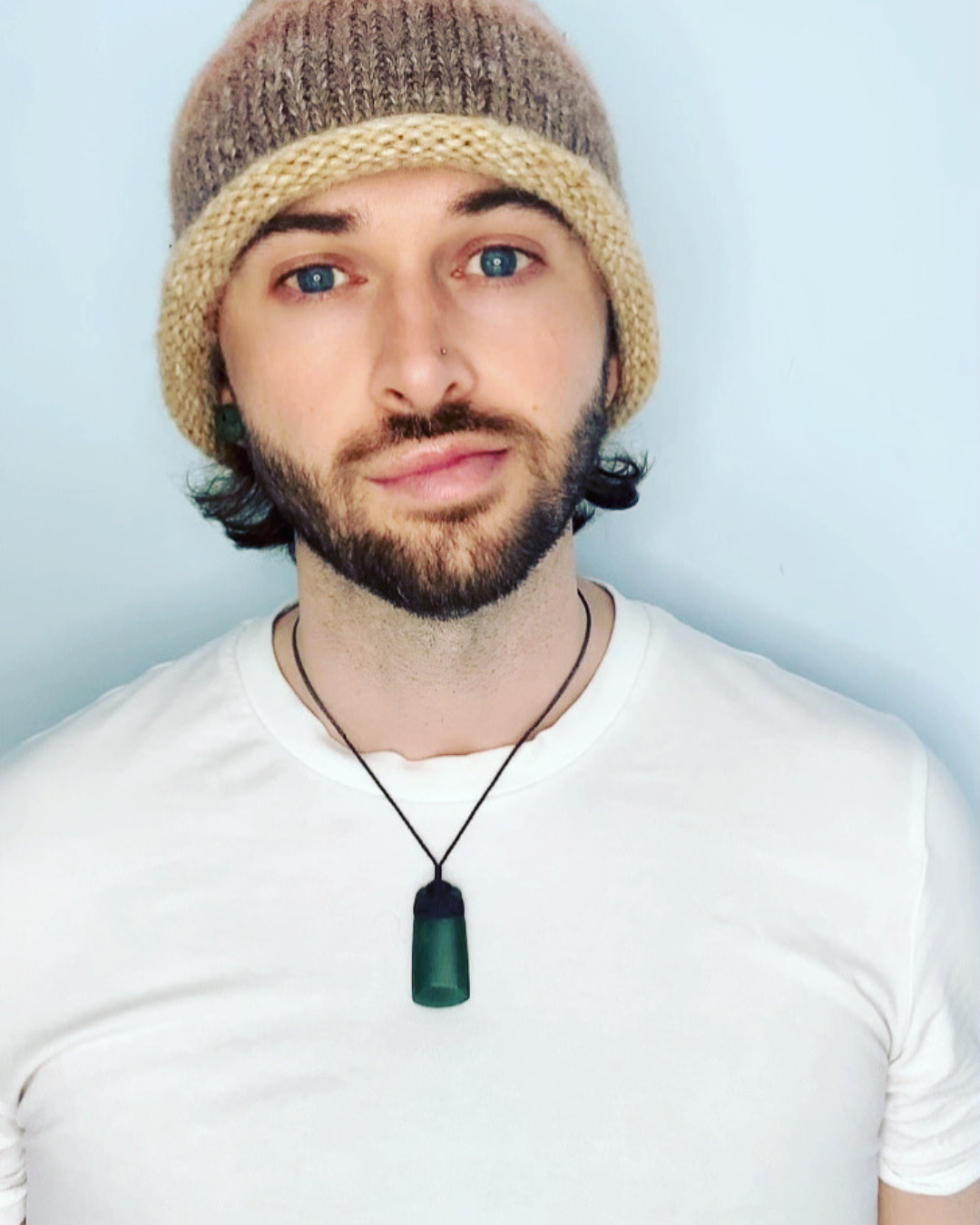
by Jason Kivela | Oct 24, 2023 | Blog
Rory Michaelson (they/them) is the author of the multi-indie-award winning Lesser Known Monsters books, a queer dark fantasy series with a diverse found-family cast. Rory is always too busy but rarely doing the things they ought to be. They are generally a solitary...
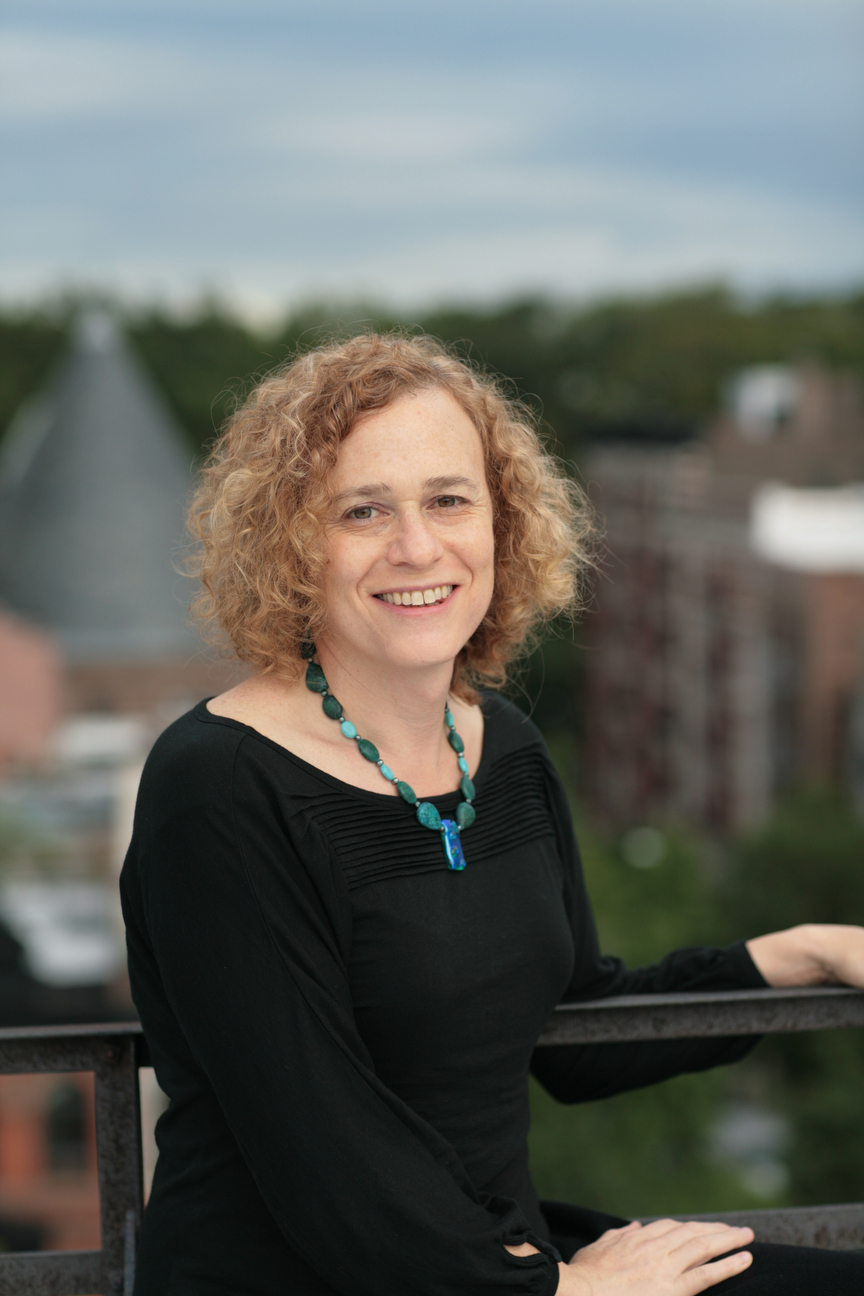
by Michele Kirichanskaya | May 20, 2023 | Blog
Joy Ladin is the author of a memoir of gender transition, National Jewish Book Award finalist Through the Door of Life; Lambda Literary and Triangle Award finalist, The Soul of the Stranger: Reading God and Torah from a Transgender Perspective; and ten books of...
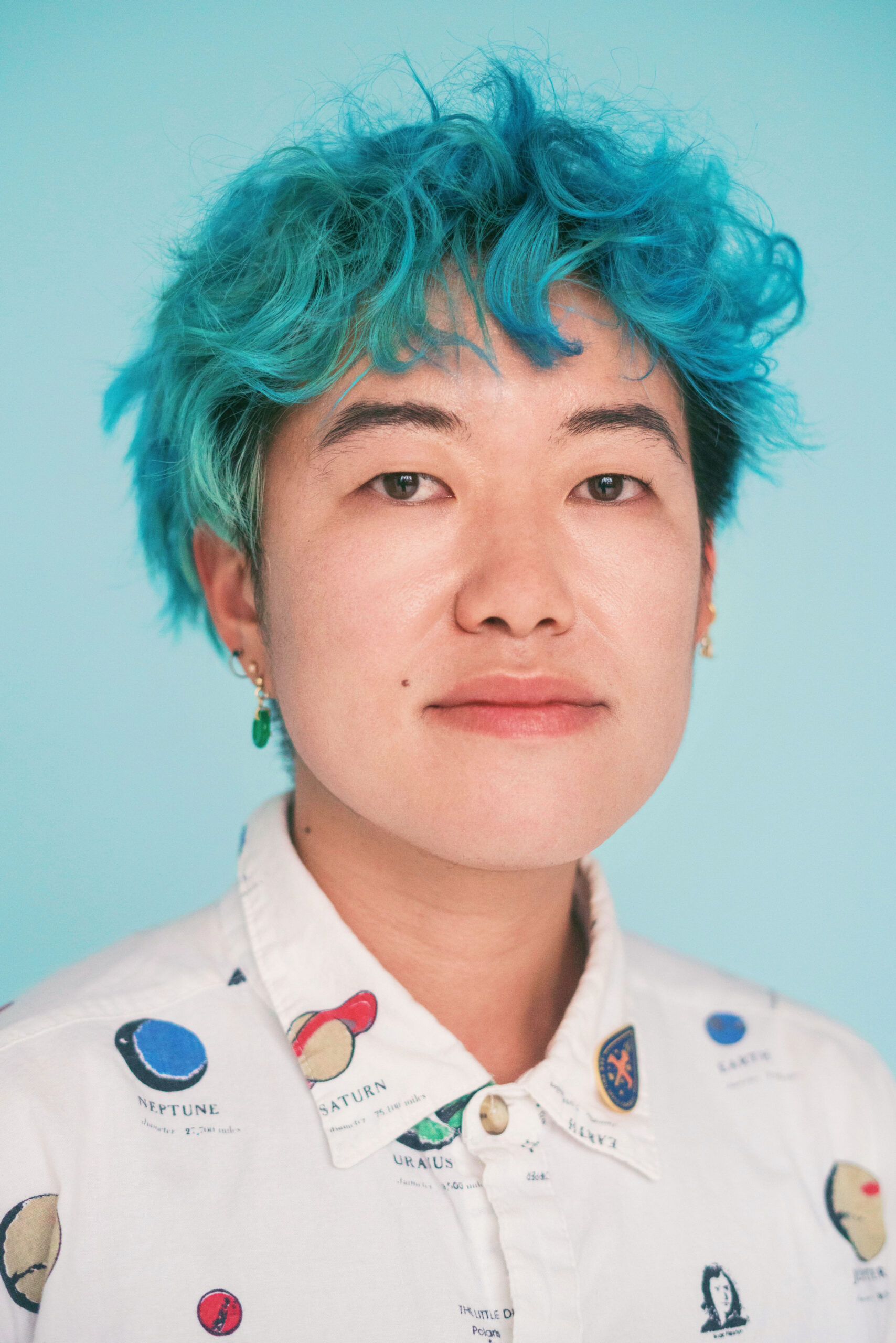
by Michele Kirichanskaya | May 17, 2023 | Blog
Lio Min writes about music, magic, and sadness at the nexus of queer youth culture and metamorphic Asia America. Their culture reporting and fiction have appeared in The FADER, the Asian American Writers’ Workshop, Nylon, and many other outlets. They...
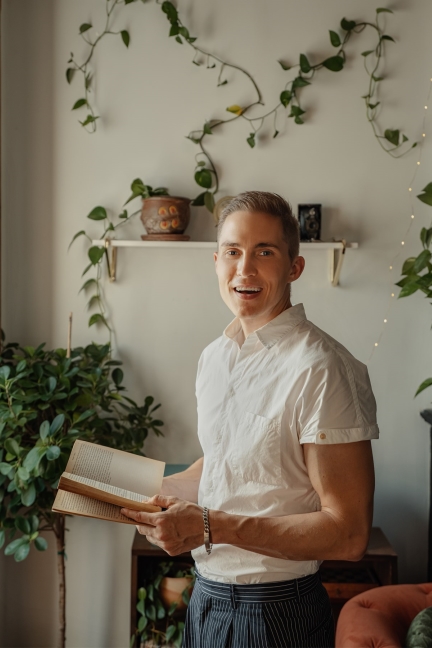
by Michele Kirichanskaya | May 6, 2023 | Blog
Dan Clay is a writer and drag queen thrilled to be making his debut as a novelist with Becoming a Queen. Until now, he focused on spreading love and positivity online through his drag persona, “Carrie Dragshaw.” His writing as Carrie has been featured in hundreds of...
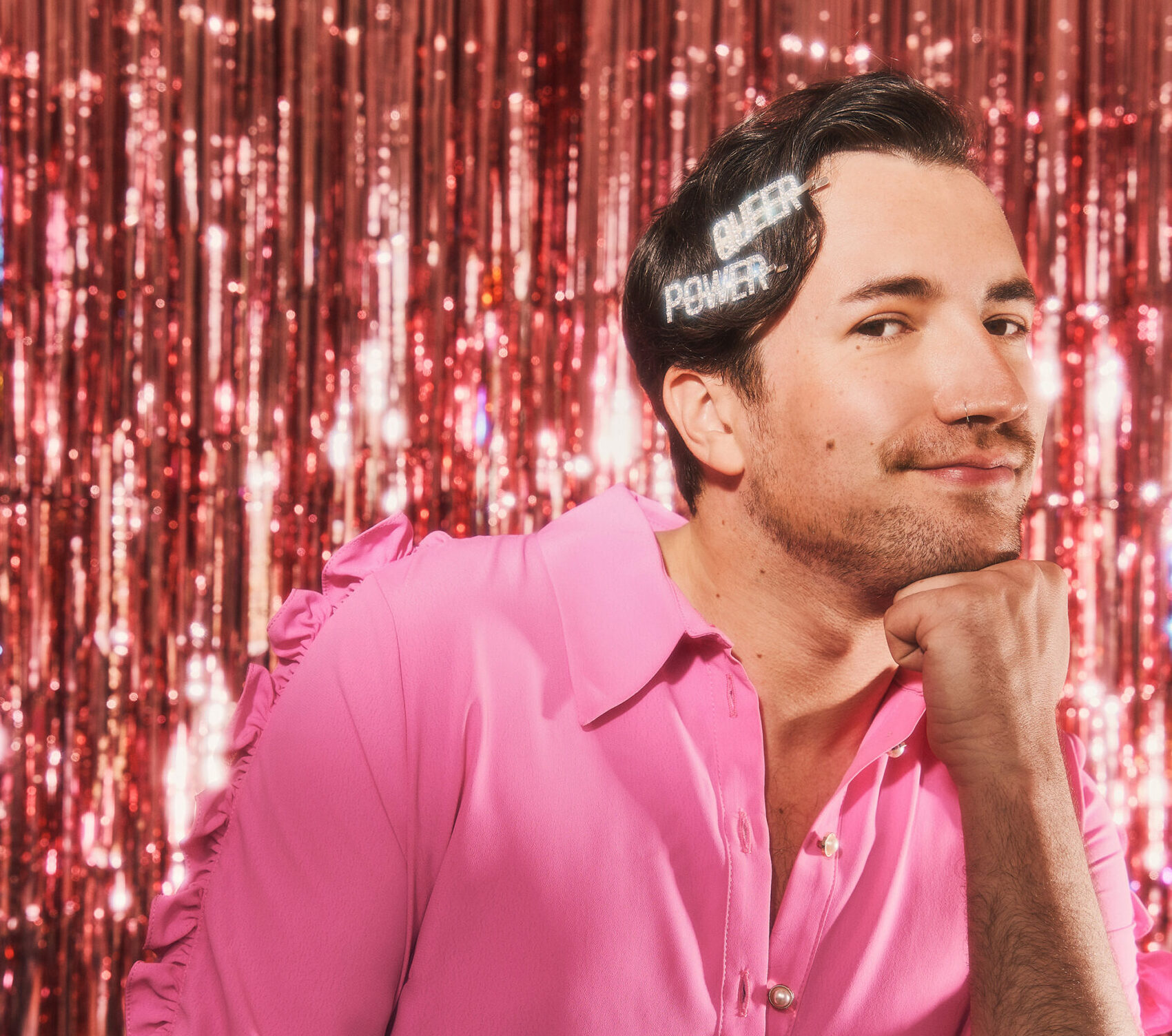
by Michele Kirichanskaya | May 5, 2023 | Blog
Dominic Evans (he/they) is a freelance illustrator and merman based in London, from not-so-sunny Bolton, via Narnia. Growing up with a love of Buffy, short shorts, and Starlight Express, Dom, like many others, struggled to fit in at school, in life, and mainly with...






